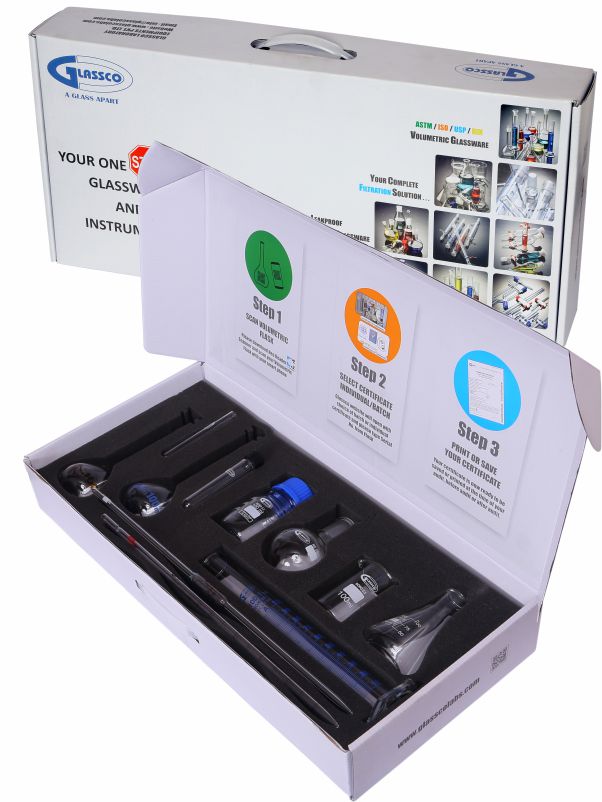Did you want know about the working principle of Incubator shaker? Then you are on the right place By the end of this article you will get all the information regarding to it
Incubator shakers are an essential tool for the successful growth of cultures in the lab. They provide precise, controlled, and consistent agitation of cultures, enabling researchers to conduct experiments with maximum efficiency and accuracy. In this paper, we will discuss the various types of incubator shakers, their features and benefits, and the important considerations for choosing the right incubator shaker for any lab.
- Digital Shakers
- Mechanical Shakers
Difference Between them:
|
Digital Shakers |
Mechanical Shakers |
| Typically feature digital displays | They are simpler and less expensive than digital shakers. |
| Allowing for accurate adjustment of speed and time settings | They feature mechanical mechanisms such as an oscillating arm or a rotating platform, and these mechanisms provide consistent agitation of cultures. |
| They also provide precise control of temperature, allowing for precise control over the growth of cultures. | Mechanical shakers can also be adjusted to the desired speed and time settings, though not as precisely as digital shakers. |
Incubator Shakers provide a number of features and benefits that make them a valuable tool for any lab:
- They provide precise control over speed, time, and temperature, allowing researchers to conduct experiments with maximum efficiency and accuracy.
- Incubator Shakers are extremely durable, and most are designed to operate in harsh laboratory environments.
When choosing an incubator shaker, it is important to consider a number of factors:
These include the type of cultures being grown, the size of the cultures, the size of the shaker, the temperature requirements, and the desired speed and time settings. Additionally, it is important to consider the budget, as digital shakers tend to be more expensive than mechanical shakers. Conclusion Incubator shakers are an invaluable tool for successful growth of cultures in the lab. They provide precise, controlled, and consistent agitation of cultures, enabling researchers to conduct experiments with maximum efficiency and accuracy. When choosing an incubator shaker, it is important to consider the type of cultures being grown, the size of the cultures, the size of the shaker, the temperature requirements, and the desired speed and time settings. Additionally, it is important to consider the budget, as digital shakers tend to be more expensive than mechanical shakers.



















